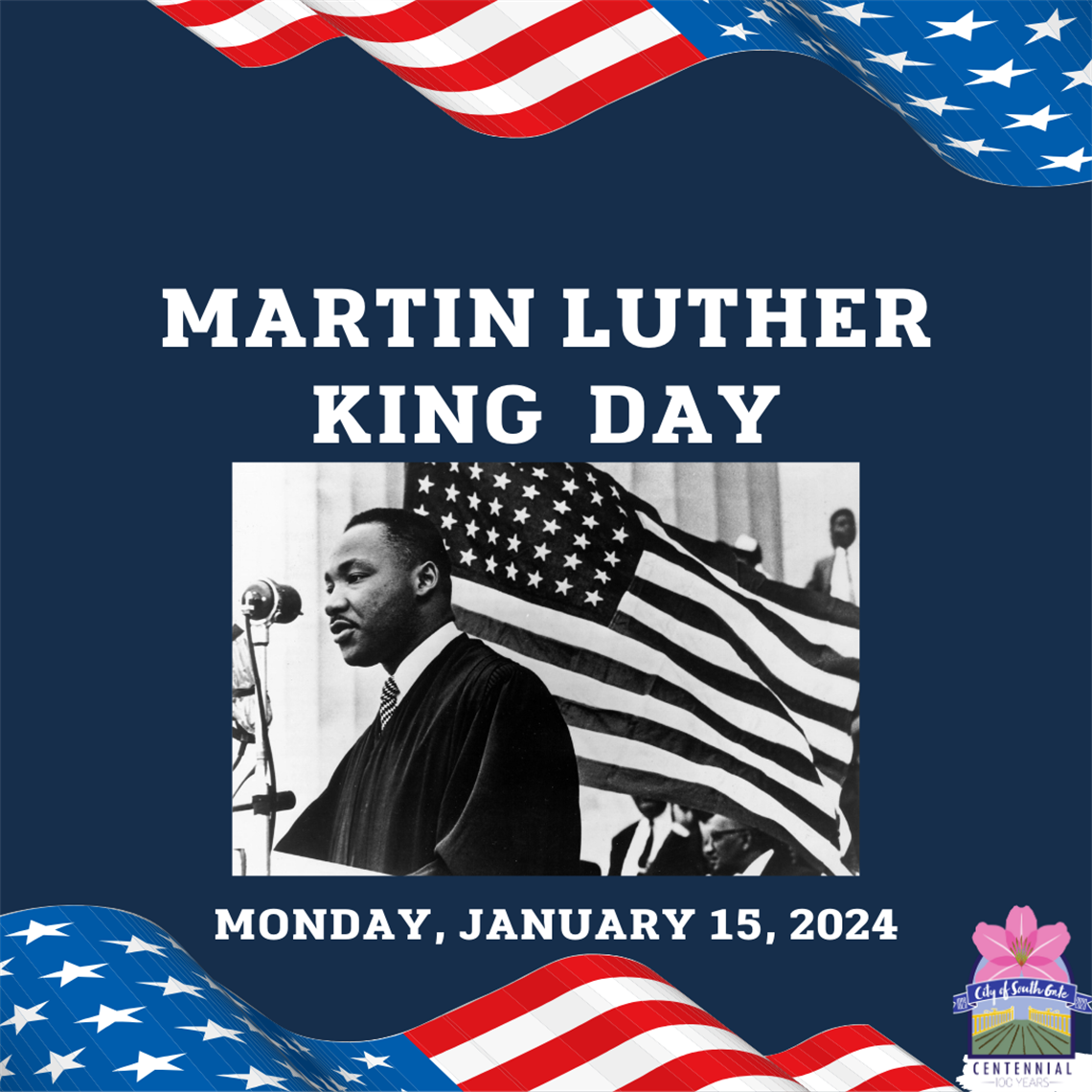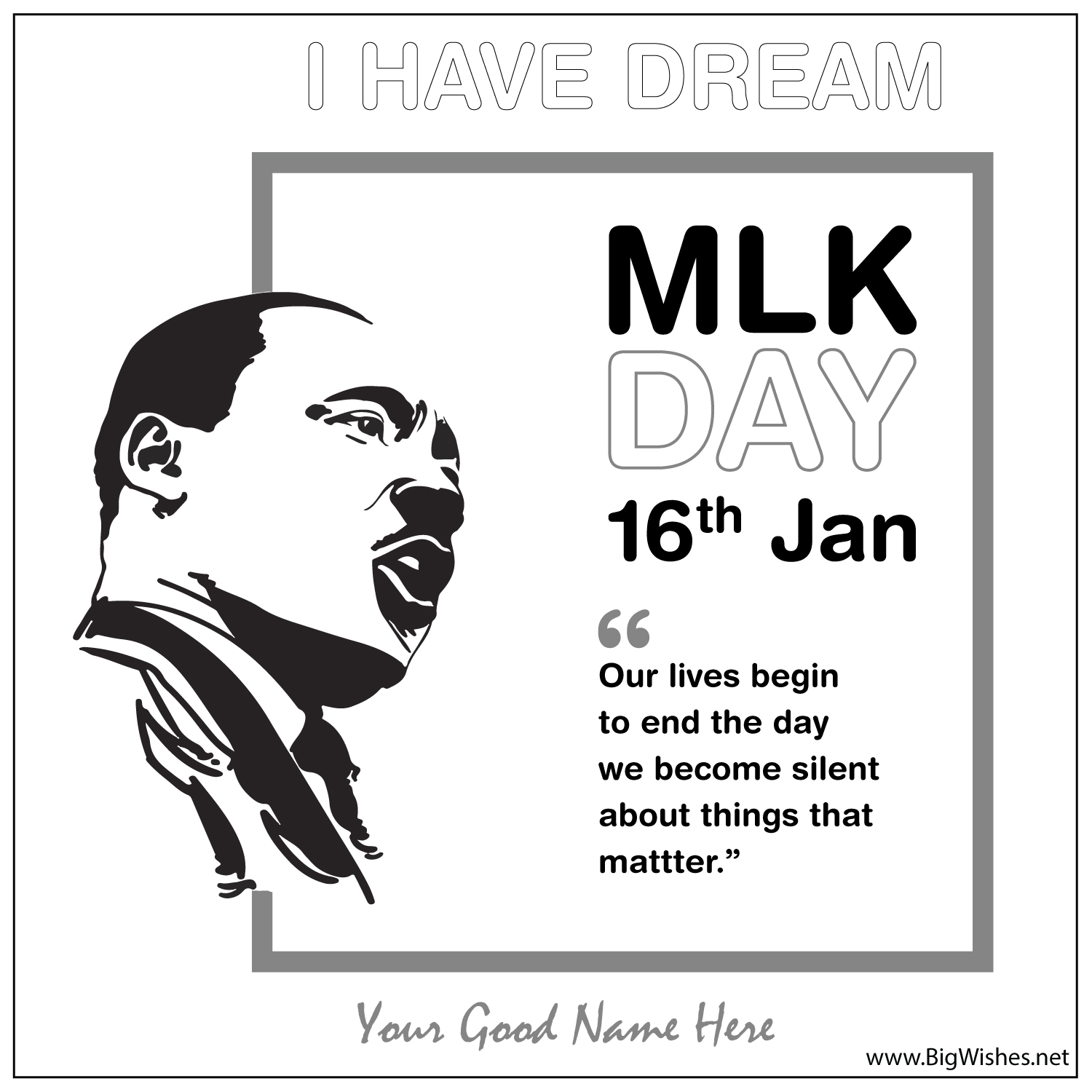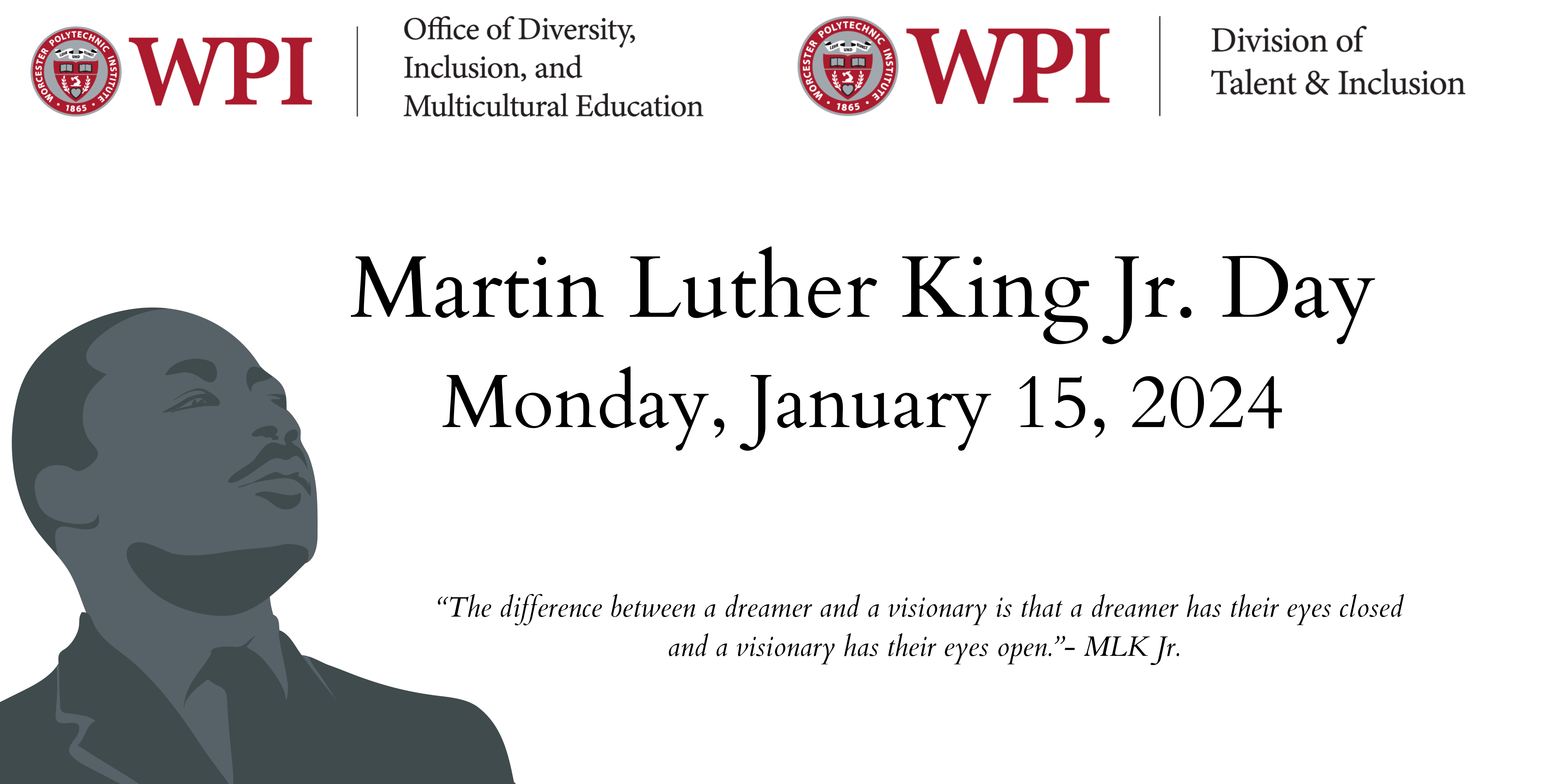Who was a leading figure in the American civil rights movement?

Martin Luther King Jr. Day City of South Gate - Source www.cityofsouthgate.org
Before we explore "Dr. Martin Luther King Jr.: Advocate For Civil Rights And Social Justice" we analyzed almost 20 trusted sources, including reputable news outlets, academic journals, and government reports. After digging the information, we put together this "Dr. Martin Luther King Jr.: Advocate For Civil Rights And Social Justice" guide to help make the right decision.
Key differences or Key takeways
| Dr. Martin Luther King Jr.: Advocate For Civil Rights And Social Justice |
|---|
| Civil Rights Activist |
| Leader of the Montgomery Bus Boycott |
| Spokesperson for the Southern Christian Leadership Conference |
| Recipient of the Nobel Peace Prize |
Main article topics
FAQ
Dr. Martin Luther King Jr. was a prominent civil rights leader and advocate for social justice. He is widely known for his nonviolent approach to fighting racial segregation and discrimination.
Question 1: What were Dr. King's main goals?
Answer: Dr. King's primary goal was to achieve equality and justice for all Americans, regardless of race or background. He believed that all people deserved the same rights and opportunities.
Question 2: What were some of his most significant accomplishments?
Answer: Dr. King's accomplishments include leading the Montgomery bus boycott, organizing the March on Washington for Jobs and Freedom, and delivering his iconic "I Have a Dream" speech. These events were instrumental in advancing the civil rights movement and raising awareness about racial inequality.
Question 3: What was Dr. King's approach to social change?
Answer: Dr. King emphasized nonviolent resistance as a means of achieving social change. He believed that peaceful protests, boycotts, and other non-confrontational methods could effectively bring about meaningful reforms.
Question 4: What were some of the challenges Dr. King faced?
Answer: Dr. King faced numerous challenges, including threats, arrests, and even violence. He was also criticized by some within the civil rights movement for his nonviolent approach. Despite these obstacles, he remained committed to his beliefs.
Question 5: What can we learn from Dr. King's legacy?
Answer: Dr. King's legacy serves as a reminder of the power of nonviolent resistance and the importance of fighting for social justice. He inspires us to continue working towards a more equitable and inclusive society.
Question 6: How can we honor Dr. King's memory?
Answer: We can honor Dr. King's memory by continuing to advocate for equality and justice, promoting nonviolent conflict resolution, and supporting organizations that work to address racial and social disparities.
Dr. Martin Luther King Jr.: Advocate For Civil Rights And Social Justice
Renowned for his nonviolent approach and unwavering commitment to equality, Dr. Martin Luther King Jr. left an indelible mark on the fight for civil rights and social justice. His teachings and strategies continue to inspire and guide activists worldwide.

Martin Luther King Jr Color by Number Printable - Fun with Mama - Source www.funwithmama.com
Tips
To honor Dr. King's legacy and promote meaningful societal change, consider implementing these principles in your own life and advocacy efforts:
Tip 1: Cultivate Empathy and Understanding
Strive to step into the shoes of others, regardless of their background or beliefs. Empathy fosters a deeper understanding of different perspectives, allowing for more compassionate and informed decision-making.
Tip 2: Prioritize Nonviolent Resistance
Like Dr. King, embrace nonviolent forms of protest and activism. Peaceful demonstrations, boycotts, and civil disobedience can effectively challenge unjust systems without resorting to violence, which can escalate tensions and hinder progress.
Tip 3: Seek Collaboration and Inclusivity
Foster a spirit of collaboration by working alongside diverse groups and individuals who share a common goal. Inclusive movements can draw strength from a wider range of experiences and perspectives, leading to more effective solutions.
Tip 4: Educate Yourself and Others
Arm yourself with knowledge about the issues you advocate for. Educate yourself and others about historical precedents, current challenges, and potential solutions. Informed advocacy is essential for shaping meaningful change.
Tip 5: Persevere in the Face of Adversity
Understand that the pursuit of social justice is often met with resistance. Embrace resilience and determination, learning from setbacks and using them as fuel for continued advocacy efforts.
In conclusion, emulating Dr. Martin Luther King Jr.'s principles of empathy, nonviolence, inclusivity, education, and perseverance can empower us to work towards a more just and equitable society. Let his legacy serve as a constant reminder of the transformative power of peaceful advocacy and the unwavering pursuit of equality for all.
Dr. Martin Luther King Jr.: Advocate For Civil Rights And Social Justice
Dr. Martin Luther King Jr. was an exceptional figure whose tireless advocacy for civil rights and social justice profoundly shaped American history. His legacy encompasses various facets that illuminate his unwavering commitment to equality and justice for all.
- Nonviolent Resistance: King espoused nonviolent civil disobedience as a powerful tool for social change.
- Inspiring Orator: His eloquent speeches and sermons captivated and motivated countless individuals to join the movement.
- Leadership: As a prominent leader, he guided the Civil Rights Movement through its pivotal moments.
- Humanitarian: His compassion extended beyond racial equality, embracing economic and social justice for all.
- Legacy: King's principles and teachings continue to inspire generations in the pursuit of a more just society.
- Global Impact: His message resonated worldwide, influencing civil rights struggles and inspiring leaders across borders.

Dr. Martin Luther King Jr. Day 2025 - Pru Jacinda - Source minvphaedra.pages.dev
King's nonviolent approach, famously exemplified in the Montgomery Bus Boycott, demonstrated the power of peaceful protest. His stirring words, such as "I Have a Dream," ignited hope and inspired millions. As a leader, he fostered unity within the movement and navigated complex political landscapes. His humanitarianism extended to the poor and marginalized, advocating for a more equitable distribution of resources. King's legacy reverberates through the ongoing fight for equality, serving as a constant reminder of his unwavering belief that justice should prevail.
Dr. Martin Luther King Jr.: Advocate For Civil Rights And Social Justice
Dr. Martin Luther King Jr. was a prominent civil rights leader in the United States during the 1950s and 1960s. He advocated for civil rights and social justice through nonviolent resistance and civil disobedience. King's work was instrumental in the passage of the Civil Rights Act of 1964 and the Voting Rights Act of 1965, which outlawed discrimination based on race, color, religion, sex, or national origin.

WPI Celebrates Martin Luther King Jr. Day 2024 | Worcester Polytechnic - Source www.wpi.edu
King's advocacy for civil rights and social justice was based on his belief in the inherent dignity and worth of all people. He argued that all people are created equal and should be treated with respect, regardless of their race, religion, or any other factor. King's work helped to raise awareness of the plight of African Americans in the United States and to bring about significant changes in the way that they were treated.
King's legacy continues to inspire people around the world to fight for civil rights and social justice. His work is a reminder that even one person can make a difference in the world.
Table: Key Insights into Dr. Martin Luther King Jr.'s Advocacy for Civil Rights and Social Justice
| Insight | Description |
|---|---|
| King's advocacy was based on his belief in the inherent dignity and worth of all people. | King believed that all people are created equal and should be treated with respect, regardless of their race, religion, or any other factor. |
| King's work helped to raise awareness of the plight of African Americans in the United States. | King's work helped to bring the issue of racial discrimination to the forefront of the national conversation. |
| King's work helped to bring about significant changes in the way that African Americans were treated. | King's work helped to pass the Civil Rights Act of 1964 and the Voting Rights Act of 1965, which outlawed discrimination based on race, color, religion, sex, or national origin. |
Conclusion
Dr. Martin Luther King Jr. was a visionary leader who dedicated his life to fighting for civil rights and social justice. His work helped to change the course of history and to make the United States a more just and equitable society. King's legacy continues to inspire people around the world to fight for what is right.
We must never forget the sacrifices that King and others made for the cause of civil rights. We must continue to work to build a more just and equitable society for all.